At the meeting of the Scientific Council, important decisions were made regarding the new exhibitions, historical content, and artifacts
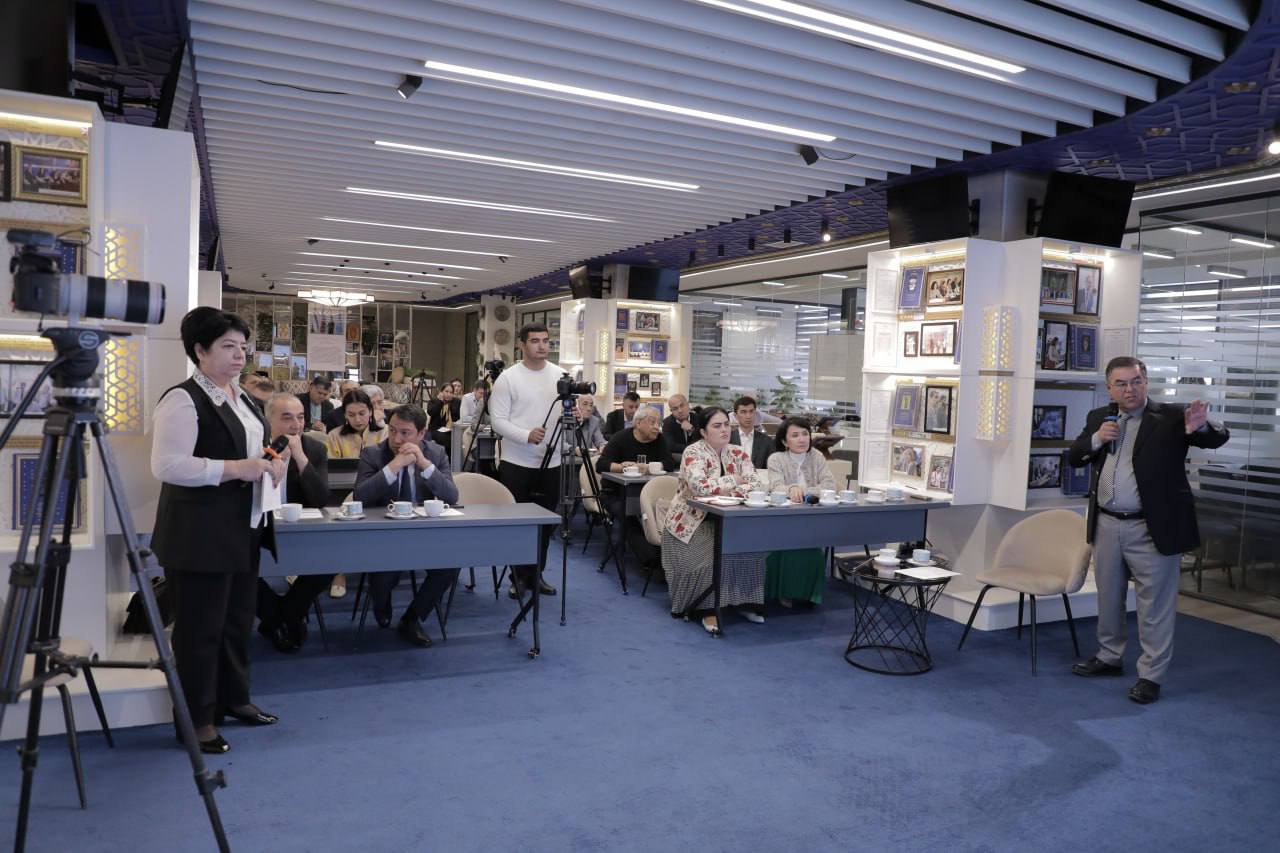
A regular meeting of the Extended Scientific Council was held at the Center of Islamic Civilization in Uzbekistan. The meeting was attended by council members, heads of working groups, including Doctor of Historical Sciences, Professor Jannat Ismailova, Vice President of the Academy of Sciences of Uzbekistan and Director of the Abu Rayhan Beruni Institute of Oriental Studies, Professor Bahrom Abduhalimov, Director of the Uzbekistan Gallery of Fine Arts, art historian Kamola Akilova, Academician Akbar Hakimov, and the leadership of the Center. The meeting addressed presentations on four key areas of the Center's exhibition: the sections "Quran Hall", "Pre-Islamic Civilizations", "First Renaissance", "Second Renaissance", and "The Era of Uzbek Khanates."
It is worth noting that on January 29 of this year, President Shavkat Mirziyoyev visited the Center, reviewed the exhibitions, and provided relevant instructions. In connection with this, the members of the Scientific Council focused on the issues of enriching the exhibition with meaningful content, historical artifacts, and replicas.
The meeting, chaired by the Director of the Center and Head of the Scientific Council, Firdavs Abdukhalkov, was accompanied by active discussions and debates.
"As part of enriching the Center, projects are being implemented in three stages. We face a significant and responsible task. Each department head is required to provide accurate, historically based data about the sources presented for the Center. The approved information will be translated into seven languages. Negotiations are underway with experienced companies for translation work. The prepared materials will be presented for further enrichment of Wikipedia," said the Director of the Center.
During the meeting, Alexander Us, Director of "Sila Sveta", conducted an online presentation on the structure of the "New Uzbekistan — New Renaissance" section, the exhibition design, and the artifacts and media content that will be included in the project. Based on the presentation, suggestions and recommendations were made.
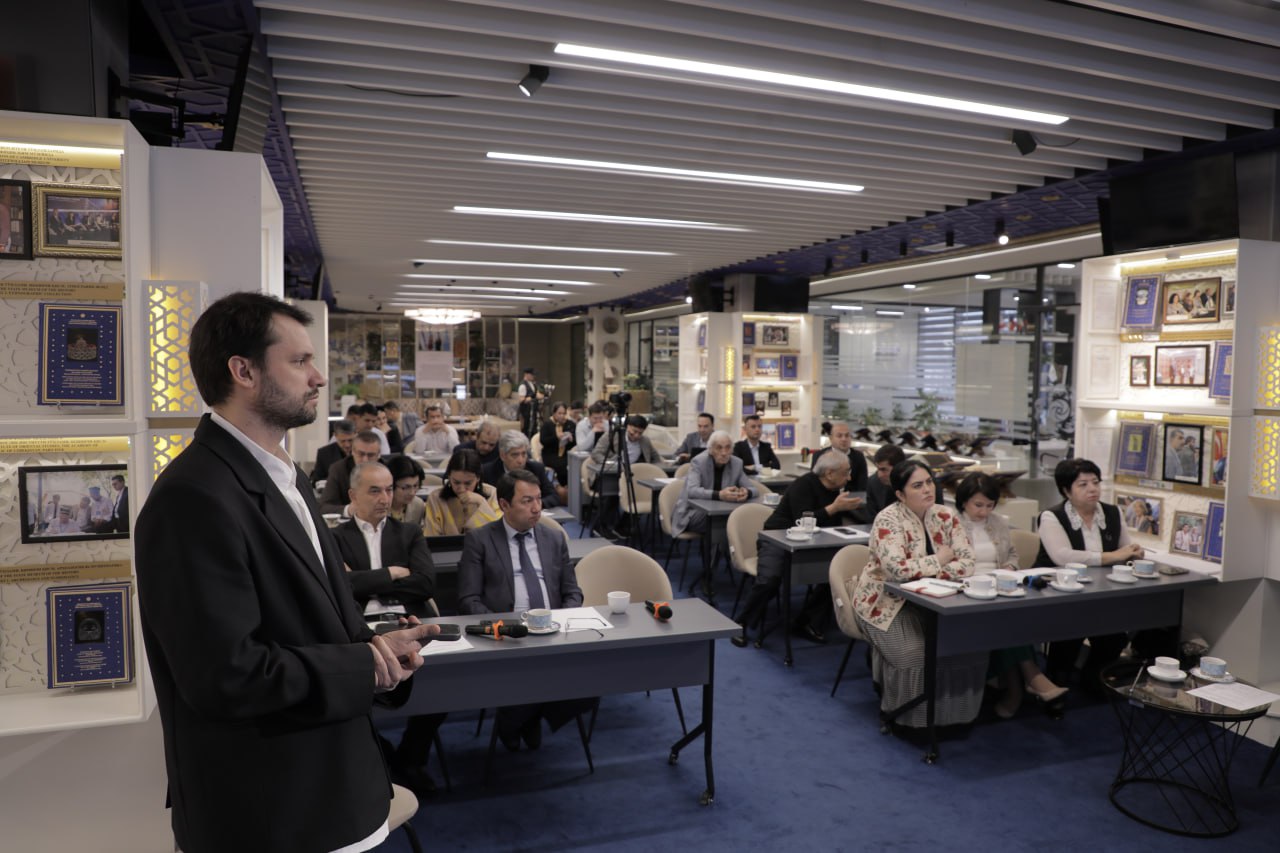
“We are working as a team to make the exhibition at the Center even more attractive. I am confident that after the opening of our Center, our work will be appreciated by visitors. We have introduced many innovations into the project, consulting with local scholars and historians. It is rightly noted that this department will become a kind of hallmark of the Center. To represent this, the department will feature models of historically significant cities of Uzbekistan, as well as inventions by Uzbek scholars. Shows with drones and audio recordings will be held. The projects will reflect modernity, and each event will be implemented based on global standards,” said Alexander Us.
The Head of the "Pre-Islamic Civilizations" department, Doctor of Historical Sciences, Professor Jannat Ismailova, discussed the work carried out within the department. In her presentation, she also presented a list of artifacts that are to be brought from museums and libraries both in the country and abroad.
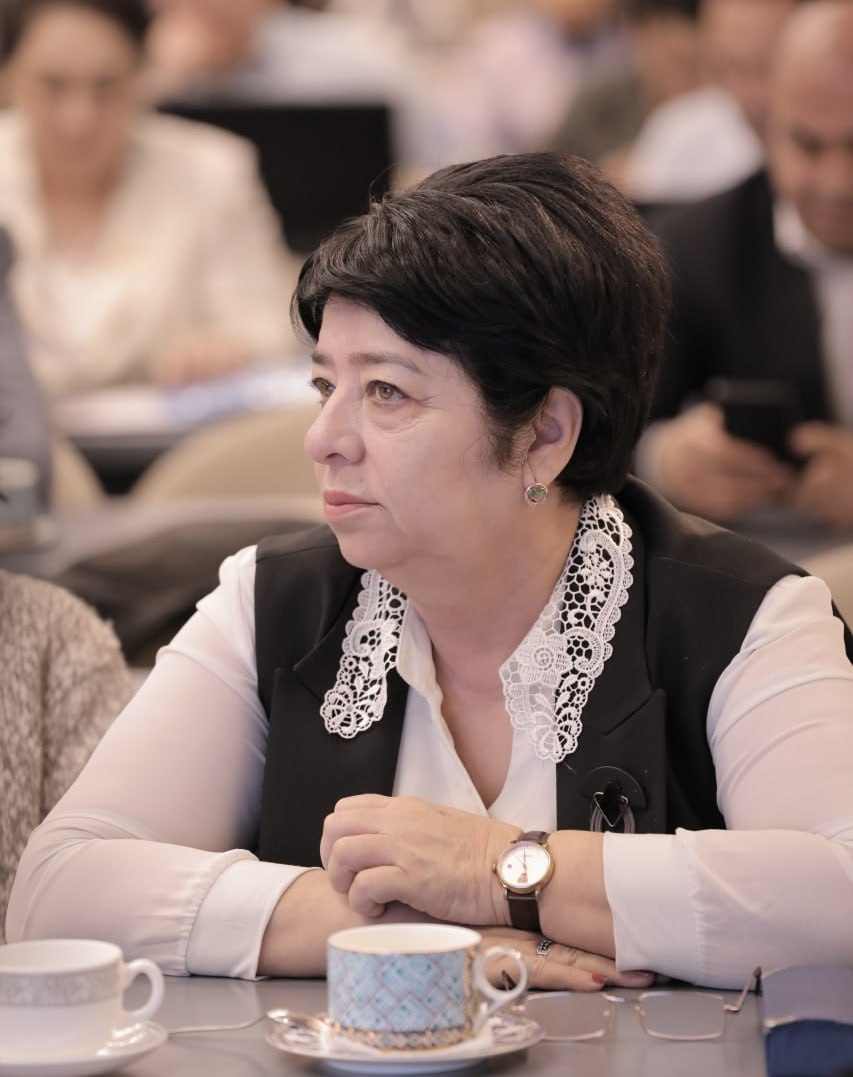
"The work in the department continues actively. Discussions about enriching the Center with artifacts are ongoing. We are finding new items, and by exploring local and international museums, we are encountering many new facts related to our history. Our work will not stop after the opening of the Center. The processes will continue further. The ‘Wall of Time’ in the department is an important project. It will present a chronology of time — a historically grounded chronology. Information about each artifact will be added to the section. The most accurate information about these items will be recommended for Wikipedia," said Jannat Ismailova.
Active work is also being carried out in the “First Renaissance” section. A presentation on the ongoing work in this department was made by Doctor of Historical Sciences, Professor Surayo Karimova.
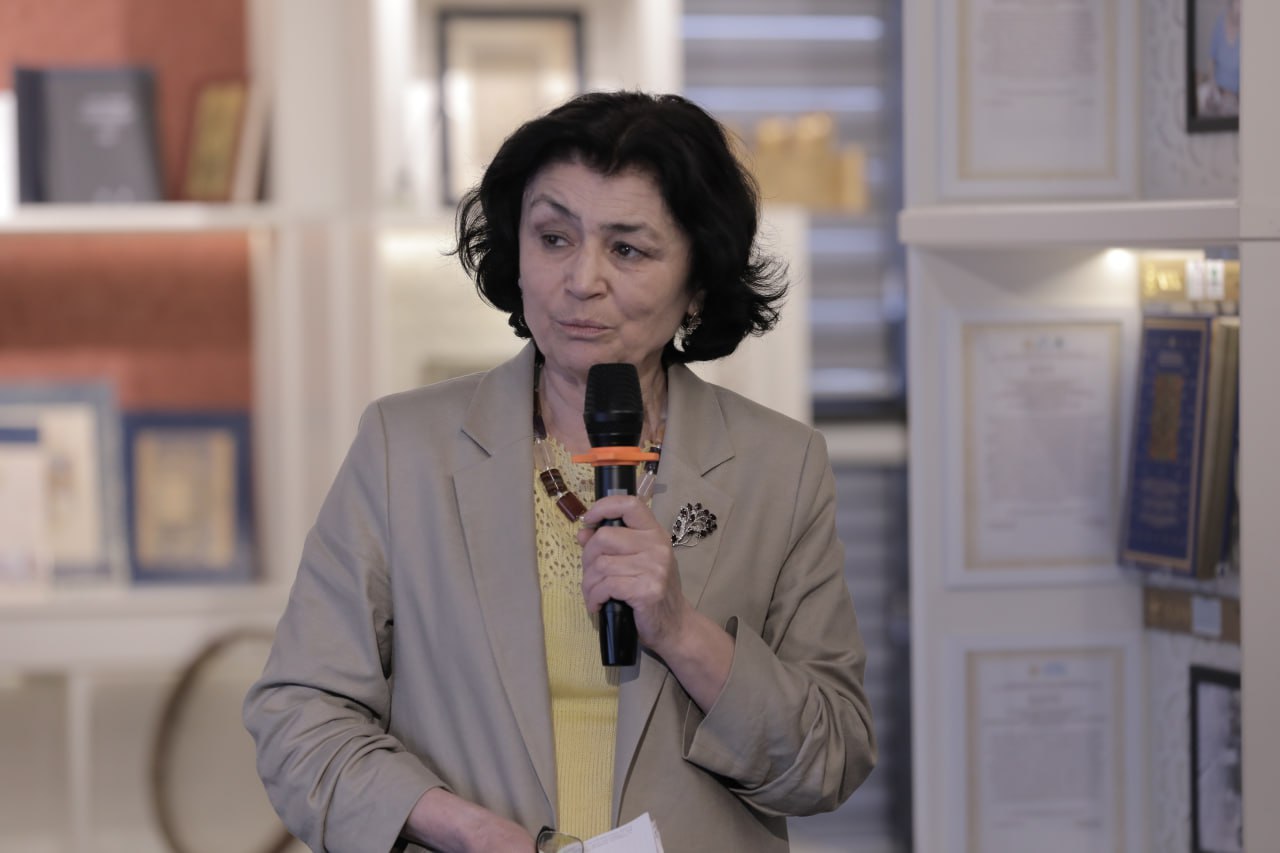
“The work in the department continues with consideration of the significance of the chosen topics. We have several tasks ahead of us. I believe that special attention should be given to issues of terminology. We must ensure the accurate representation of each exhibit, material object, and the names of historical figures in the texts. We have created a special working group for this task, and together with them, we will prepare precise information in both Uzbek and Russian languages,” said Surayo Karimova.
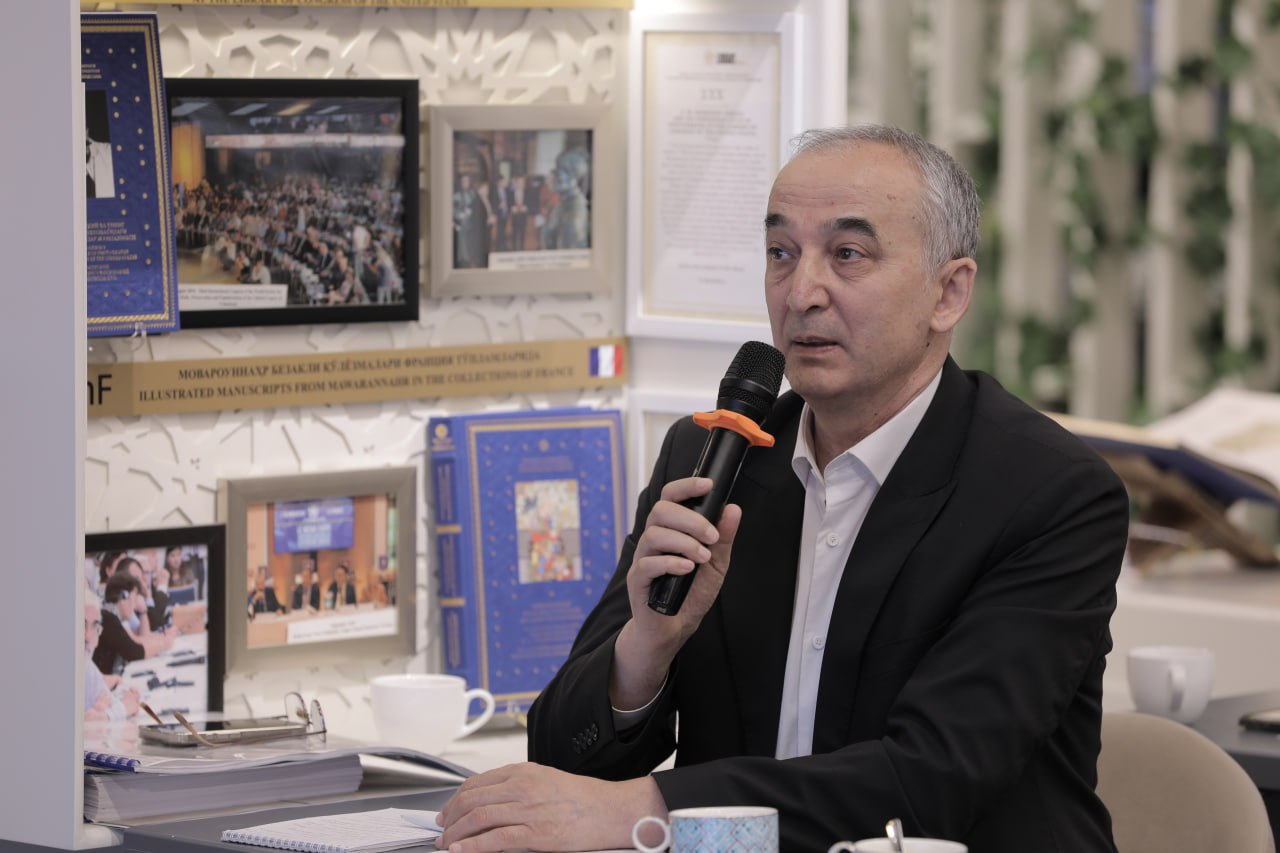
“Visitors to the department will feel as if they have entered the Academy of Ma’mun. To fully showcase the development of science during that time, the central exhibit of the department will be a model of the Academy of Ma’mun. Therefore, the connections with the Academy of Ma’mun must remain active. Those responsible should not stay in Khorezm; they should work alongside us, shoulder to shoulder. This would yield better results in our work. Another point to pay attention to is the accounting system in the process. We need to clearly understand what is already ready for the Center and what else needs to be brought in. This is very important,” noted the Vice President of the Academy of Sciences, Bahrom Abduhalimov.
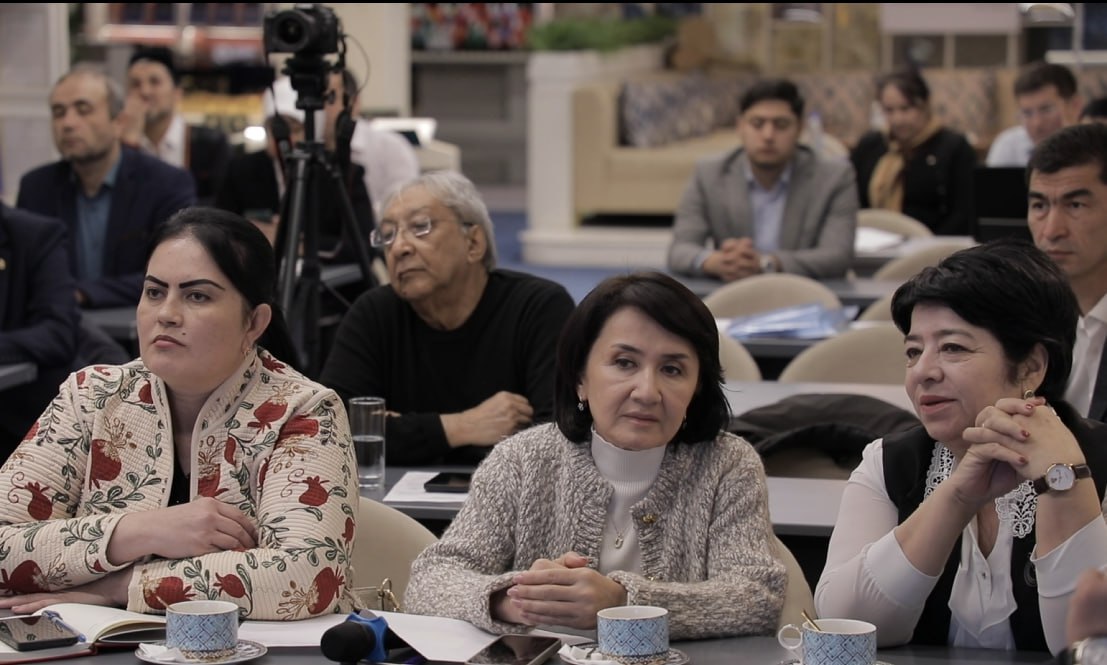
It was also announced at the meeting that a team of guides will be recruited for the Center, who will undergo training through courses conducted by specialists. At the end of the meeting, the presentations were approved.
For reference, as part of President Shavkat Mirziyoyev’s initiative to establish the Center of Islamic Civilization, over the past month, more than 200 local scholars have been engaged to enrich the exhibition with meaningful content, historical artifacts, and replicas. In total, over 800 projects require work, and more than 3,000 local and international scholars are expected to be involved in their implementation. The initial phase has already begun, with over 400 projects actively being worked on, in consultation with the members of the Scientific Council.
Most read
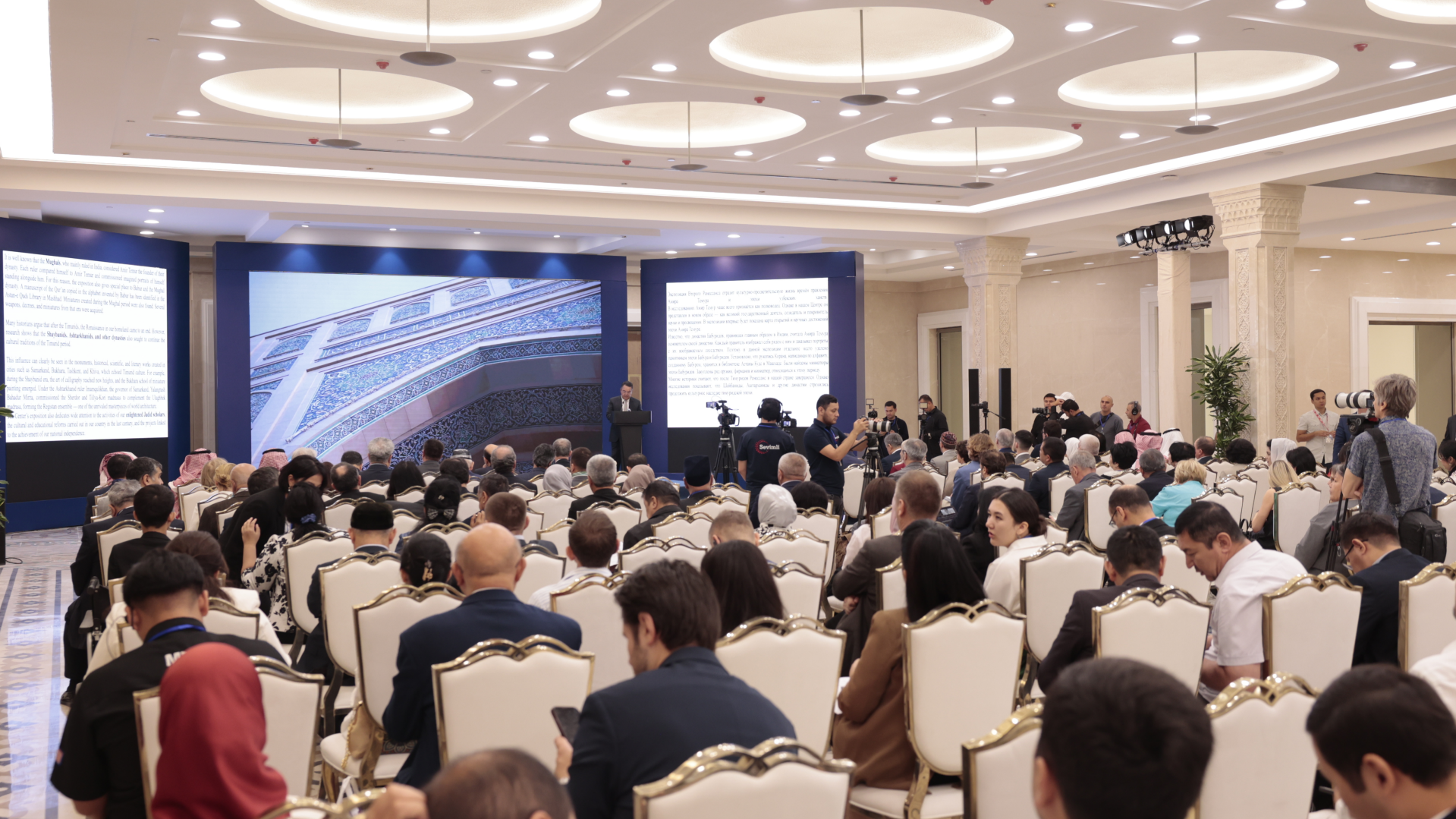
Over 100 experts from more than 20 countries of the world are in Tashkent!
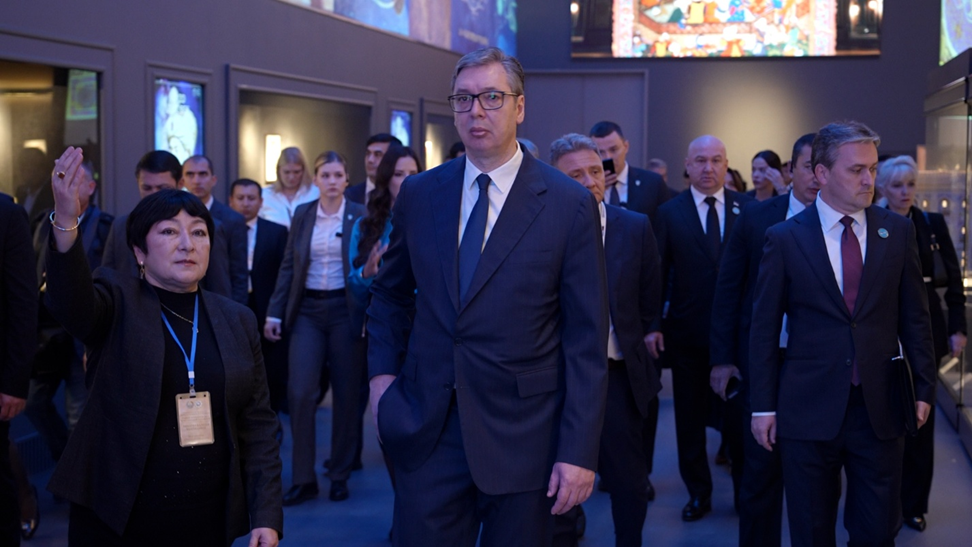
President of Serbia Aleksandar Vučić visited the Islamic Civilization Center in Uzbekistan
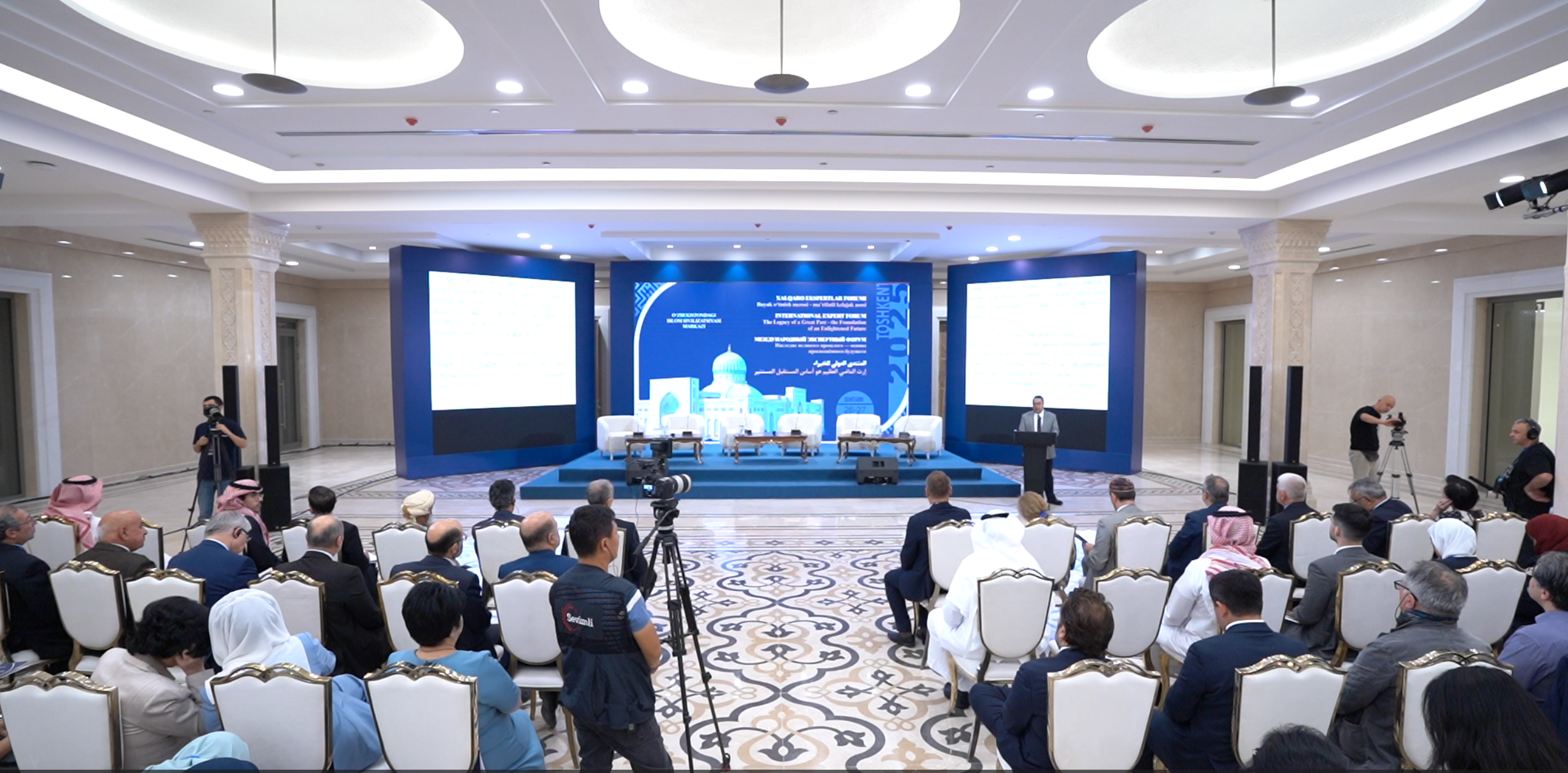
The Center for Islamic Civilization – a global platform leading towards enlightenment











